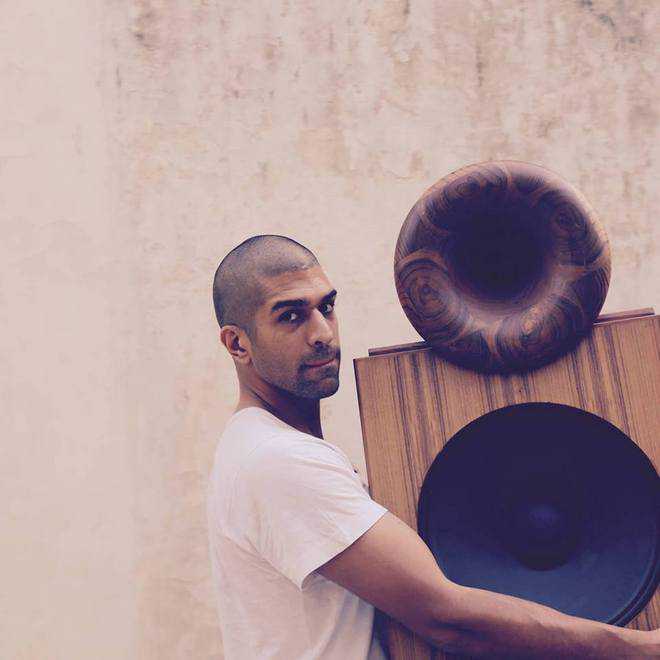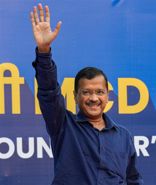
Taru Dalmia
Amarjot Kaur
There is a sense of patriotic responsibility even in the way The Ska Vengers, Delhi-based ska band, criticise the social and political set up of India in their songs. Neither do they mince words or names, nor do they hide their concerns under the veil of diplomacy.
With their new album titled XX (Double Cross), released on July 1, The Ska Vengers take on a rather audacious task of mirroring some haunting realities, which they unabashedly and gallantly sing about in their songs like Jail Mein, Kick up the Rumpus, Double X, 001, and Afro Fantasy. With frequent mention of Bhagat Singh, Soni Sori, Kishenji, Azad, and Kabir Kala Manch, the Ska Vengers brew up a storm of sounds and ideas that most so-called anti-nationals or free-thinking liberals will reason with. Here’s a conversation with the man who wrote and sang the songs—Taru Dalmia.
Tell us something about the album and justify the title.
It took three years to record XX, partially due to a chaotic recording process as we did many takes of the same songs, and Stefan Kaye (the music producer) spent countless hours in the studio recording other musicians. XX or Double Cross is from the single of the same title on the album. The lyrics to the song were written in Telangana, a few months after the fake encounter killing i.e. murder of Kishenji by the state. The song is about betrayal, the repeated betrayal of the populace by leader after leader of this country. The Constitution of India states that the state should prevent the concentration of wealth. Which government since Independence has done this? Are they not anti-Constitution and anti-nation?
The SkaVengers is associated with leftist ideology. What dictates the course of this ideology?
Reggae and ska is traditionally rebel music, it’s the only music that comes from a former colony that has anti-imperial/colonial thinking at its core and still enjoys immense global popularity. We are in a profoundly colonial situation. The present government is hell bent on privatising and selling everything off to the highest bidder. I am affected by the injustice I see happening around me and by what I read.
Do you, like most free-thinking people, feel that the freedom of speech and expression is under attack?
Depends what side of the political divide you are on. If you are close to the establishment and Prime Minister Narendra Modi likes you then you have a tremendous amount of free speech. You can go around making inflammatory communal remarks and justify bloodshed and murder. If you are critical of the establishment, it’s a different story. The situation has gotten worse. If Tagore and Ambedkar would say today what they said in their time they would be killed. Ambedkar called Hinduism a ‘chamber of horrors’ and said the Vedas had no spiritual value. Can you imagine anyone saying this today? People get killed for much less.
You have sung songs like Badaa and A message to you Modi. Are you not scared of being tagged as an anti-national?
I would let listeners judge for themselves about which songs carry a political message and how they carry it. In music, it’s not just the words, but also the sound that carries the meaning. Today, the ones who go around calling others ‘anti-national’ are the biggest enemies of the land. We will oppose fascism.
You sing in English. What’s your target audience?
It’s important that resistance occupies all spaces and the company raj cares a lot about what the middle class thinks. Perhaps, the English speaking class and castes that otherwise embodies aspirational symbols standing up against the regime has some value after all. It also means that people outside of India understand what we’re singing about.
Do you think ‘protest music’ actually creates an impact on the audience?
Music is not a substitute for direct political action, but it plays a role. All protest movements have music, from IPTA and the independence struggle to the Naxal movement. Music unites people—it motivates the body and the mind. It expresses emotion in a way that mere prose cannot. I am keen to find more public and non-commercial spaces to play. At the moment I see a lot of artistes and cultural organizations coming together. I would like to see these connections grow... More community building.



























